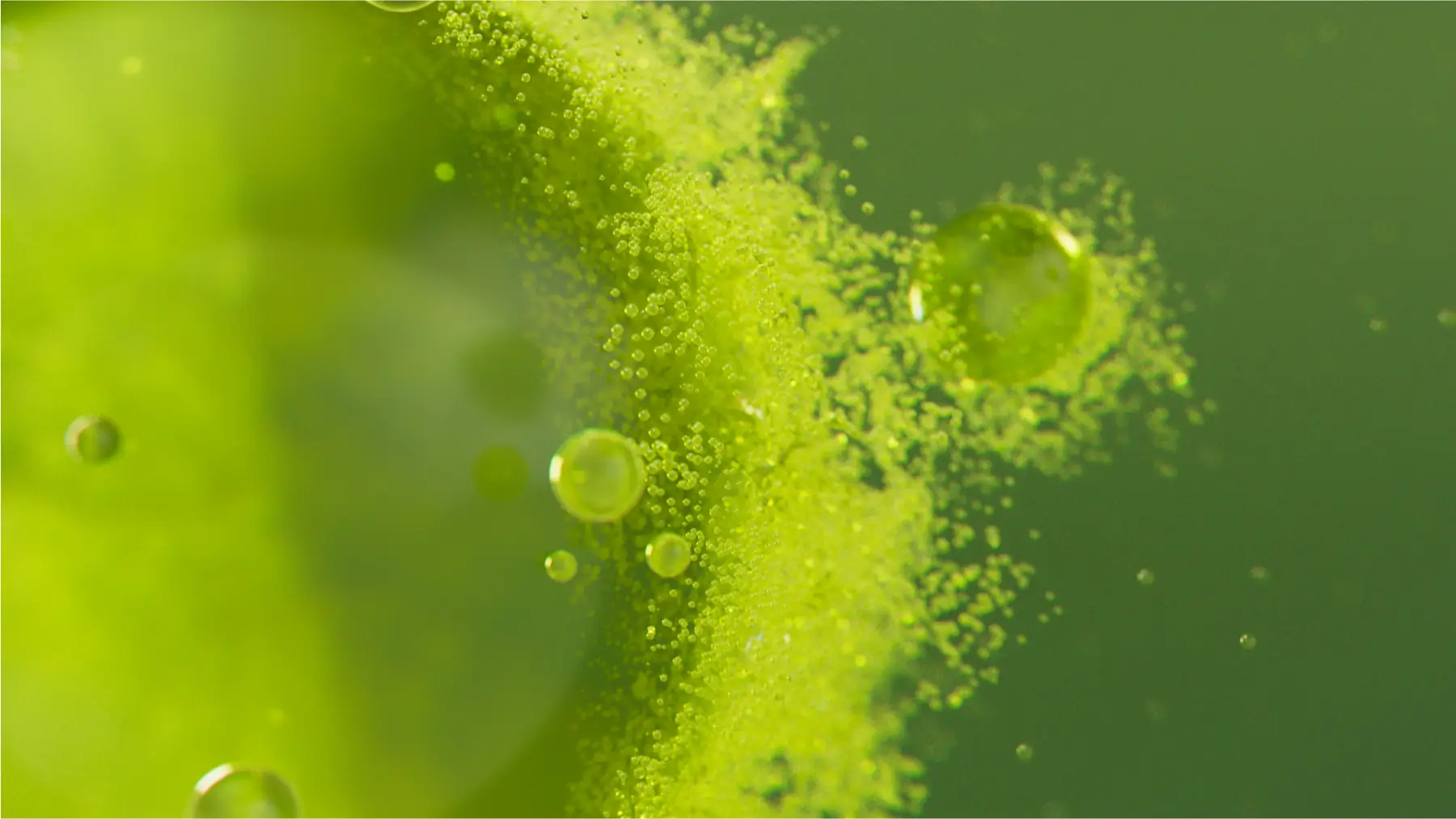
The biotechnology industry is booming with the increasing demand for alternative biofuels, modified vaccinations, and effective medicine with fewer side effects. Synthesis of most such products requires a mixing method that can achieve both particle size reduction and cell lysis. The preferred mixing method is homogenization, specifically high-pressure homogenization, in its significant advantages over other existing mixing methods. Read below to learn more about the advantages of using high pressure homogenization for biotechnology research.
Equipment Flexibility to Meet Diverse Needs
Gaining access to intracellular contents requires penetration of the protective cell barrier. For cells such as bacteria, plant, and yeast/fungal cells, a tough cell wall must be penetrated; yet mammalian cells require less force to disrupt the cell membrane while leaving intracellular contents intact. Quality high pressure homogenizers typically offer the user autonomy to alter the pressure, so as to accommodate multiple cell types. In addition to high pressure, multiple mechanical forces act on the product; these include process intensity, cavitation, shear, and turbulence. Each can be easily adjusted to meet the diverse needs of biotechnology researchers.
High Protein Recovery
Many of the products coming out of the biotech industry require access to intracellular proteins. As noted above, high pressure homogenizers are customizable to help optimize the process. Just as important, however, is the product yield from that process. Hot mixing methods oftentimes cause product degradation, which adds up over a long period to confer increased spending and time spent. A key benefit of high pressure homogenizers is the use of pressure instead of heat, which allows for higher protein recovery.
Scalability
Particularly applicable for researchers in the biotechnology industry, scalable equipment can adapt to increased demand and/or sample size. Because most biotech products are destined for manufacturing, they will eventually need to be successful in a large-scale machine. Before progressing with a technique, it is essential to have a clear understanding of its purpose and goal result. A company that manufactures homogenizers for both laboratory and industrial use will be the safest bet. A technique that was optimized with a laboratory homogenizer will then easily translate to a larger-scale program.
Pion BEE Brand High Pressure Homogenizer Advantages
The search for particle size reduction equipment should begin with a consideration of how the above-listed factors will improve the quality of your products. Although many companies manufacture homogenizers, few are of the high quality needed to achieve reliable and reproducible results. Importantly, even fewer are customizable to a product’s specific needs. One example of equipment that does meet such expectations is the high pressure homogenizer by Pion.
Pion’s products are trusted by researchers and lab managers around the world for key benefits, such as production of nano/micro emulsions, dispersions, and suspensions; importantly, this equipment can lyse a variety of cell types while preserving crucial intracellular contents through customizable machinery. Additionally, it can achieve consistent particle sizes at or below 100 nm, a crucial factor for researchers & corporations in the biotechnology industry.
Learn more about how our BEE homogenizers can improve your biotechnology research with our biotech high pressure homogenizers. Or if you're interested in a specific application, such as cell lysis, download our FREE eBook "7 Key Factors to Consider When Choosing A Cell Lysis Method" now.

